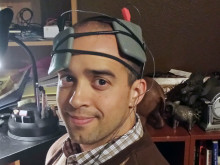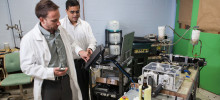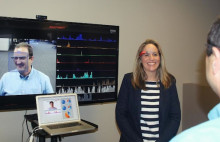Linux powers CERN -- organization deploys Red Hat technologies
My knowledge of atomic science and particle physics could fit in a thimble. However, as a result of various news reports over the years, I am aware of the Large Hadron Collider and the work being done at CERN with it -- exciting stuff.













































































